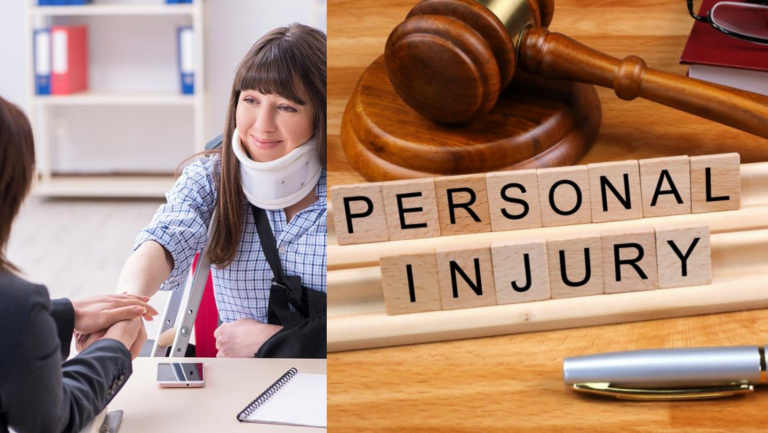What is Hearsay Evidence, and How Does it Affect Personal Injury Cases?
Apr 14, 2023 12:49

Hearsay is indirect evidence, which could be any written or verbal statement made outside the court by anyone who suffered or witnessed the loss, accident, or injury. It gets used in court as a statement proving the truth.
A personal injury lawyer can help their client reach an agreement to get the appropriate compensation that will be fair for the damages incurred during an event. These incidents could have occurred due to motor vehicle crashes, motorcycle crashes, construction site injuries, nursing home abuse or neglect, or injuries sustained due to slip, trip, or fall. The lawyers also represent their clients for worker’s compensation, traumatic brain injuries, and premises liability.
Personal Injury Cases and Hearsay
In any personal injury case, the court can deliver a statement that can have a crucial impact on the hearsay rule.
Negligence from the defendant that caused the collision and any injuries, damages, and trauma sustained by the plaintiff will be considered. The court mainly considers these two elements in hearsay personal injury cases.
● First and foremost, the central part of the burden to prove falls on the plaintiff (the person sustaining injuries) to show the court that the careless actions of the defendant (the person causing the injuries) caused the accident, which resulted in the plaintiff’s injuries. To show the defendant’s negligence, the plaintiff can introduce out-of-court statements made by the defendant.
● Secondly, the hearsay rule will affect the total compensation claimed by the plaintiff to fully recover from the injury caused by the defendant’s negligence.
Hearsay Rule Exceptions
The hearsay rule concerning the proof in personal injury cases could prove tricky and get taxing to ascertain whether the statement provided in a court of law is right or wrong. But this rule does have a few exceptions.
The most commonly misinterpreted exceptions are:
Uttering in an Excited Voice
When a statement gets made in an excited voice during a heated argument, it displays the truth in the information. It is primarily admissible in criminal cases.
The rational explanation per law is that, after committing a criminal act, the concerned person will not have the presence of mind to make false statements.
Just being angry or excited when making a statement will not be enough. That statement should match an event that cannot be ignored as a fabrication.
Admissions or Confessions
Also known as statements against interest, these negatively affect the disclosing party. The confessions made need not be the statements given to police.
The law theory on this exception is that the concerned person will not make a false statement as it concerns their best interest. The witness giving a hearsay statement may be lying or fabricating the facts, but that will affect the witness’s credibility, not their admissibility.
People do sometimes make statements against their interests in different settings. An example could be a teacher who confides in a friend that a student is being abused at home. Since there is no proof, the teacher refuses to report the case to the relevant authorities. In this case, the teacher’s friend’s testimony will be treated as evidence.
Matters of Record for Admissibility
There are different ways to keep matters concerning records as a standard for admissibility in a court of law. Official government records that are regularly updated and preserved are admissible, like a person’s information regarding employment and income tax returns.
Even records pertaining to private business are admissible as long as the witness giving a statement is qualified and can explain the details, requirements, and meaning of these records.
Conclusion
Hearsay evidence can have a significant impact on a personal injury case. This is especially true if the plaintiff's claim is handled by a qualified lawyer who can effectively navigate the evidence presented by the defendant and overcome the challenges of the legal system.
A lawyer could help gather evidence that will be admissible in a court of law about the plaintiff’s case and present the arguments in front of the judge.
They will also be able to pinpoint correctly, select budding witnesses, and check whether their evidence will be acceptable in a court of law. Finally, it all comes up to the evidence presented in court, which will determine the outcome of a personal injury case.







































































